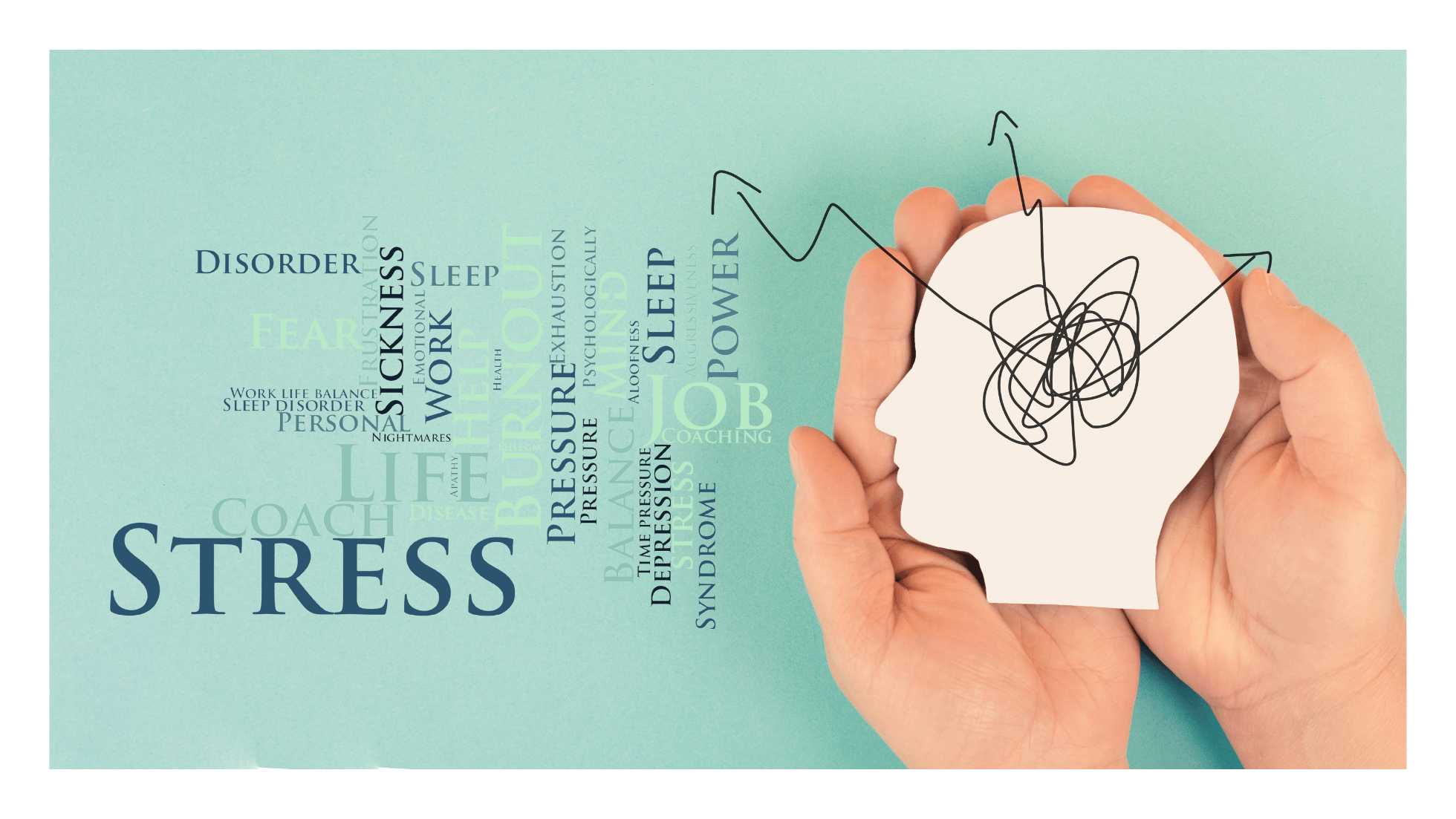We’ve all been stressed at some point in our lives. Whether it's work, family, or just the pressures of everyday life, stress can really take a toll on our health. But did you know that stress can also affect your skin?
Here’s how stress and your skin are connected, and some tips on how to keep your skin healthy even when life gets tough.
The Link Between Stress and Skin
When you’re stressed, your body produces a hormone called cortisol. This hormone is useful in short bursts (like when you need to run away from danger), but when stress sticks around for a long time, cortisol can cause problems.
One major problem is that cortisol makes your skin produce more oil. This can lead to clogged pores, breakouts, and acne. Stress can also weaken your skin's natural barrier, which means it can't protect you as well from harmful bacteria, pollution, or other irritants. This can make skin conditions like eczema or psoriasis worse.
Common Skin Problems Caused by Stress
Stress can show up on your skin in several ways. Some common skin problems caused by stress include:
- Acne: The extra oil your skin produces when you’re stressed can clog your pores and lead to breakouts.
- Eczema: Stress can trigger or worsen eczema, a condition that causes itchy, red, and dry patches on your skin.
- Psoriasis: This chronic condition, which causes thick, scaly patches of skin, can flare up during stressful times.
- Rosacea: Stress can worsen rosacea, a condition that causes redness and visible blood vessels on your face.
- Wrinkles and Fine Lines: Over time, the wear and tear from stress can speed up the aging process, leading to more wrinkles and fine lines.
How to Protect Your Skin From Stress
While you can’t always avoid stress, you can take steps to protect your skin from its effects. Here are some simple things you can do:
- Practice Good Skincare: Cleanse your skin gently every day and use a moisturizer that suits your skin type. This will help keep your skin barrier strong and prevent breakouts.
- Get Enough Sleep: Sleep is crucial for your body to recover from the day's stresses. Aim for 7-9 hours of quality sleep every night to keep your skin looking fresh.
- Eat a Balanced Diet: What you eat can affect your skin. A diet rich in fruits, vegetables, whole grains, and lean protein can help your skin stay healthy. Also, drink plenty of water to keep your skin hydrated.
- Exercise Regularly: Exercise is a great way to reduce stress. It also increases blood flow, which helps nourish your skin cells and keep them healthy.
- Try Relaxation Techniques: Practicing mindfulness, meditation, or yoga can help reduce stress. Even taking a few deep breaths when you feel stressed can make a difference.
- Seek Professional Help: If stress is taking a serious toll on your skin and your mental health, consider talking to a dermatologist or a mental health professional. Sometimes, managing stress and skin problems requires expert advice.
Conclusion
Stress is an inevitable part of life, but it doesn’t have to define your skin’s future. By being mindful of how stress affects your skin and taking proactive steps to care for yourself, you can protect your skin and overall well-being. Remember, a healthy lifestyle that includes good skincare, balanced nutrition, and stress-relief practices can work wonders.
So, next time life gets overwhelming, take a deep breath, prioritize self-care, and trust that both your mind and skin will thank you. Clear, radiant skin isn’t just a reflection of what you put on your face; it’s a result of the love and care you give yourself, inside and out.
Reference
https://www.ncbi.nlm.nih.gov/pmc/articles/PMC8480446/
https://www.ncbi.nlm.nih.gov/pmc/articles/PMC8361690/

